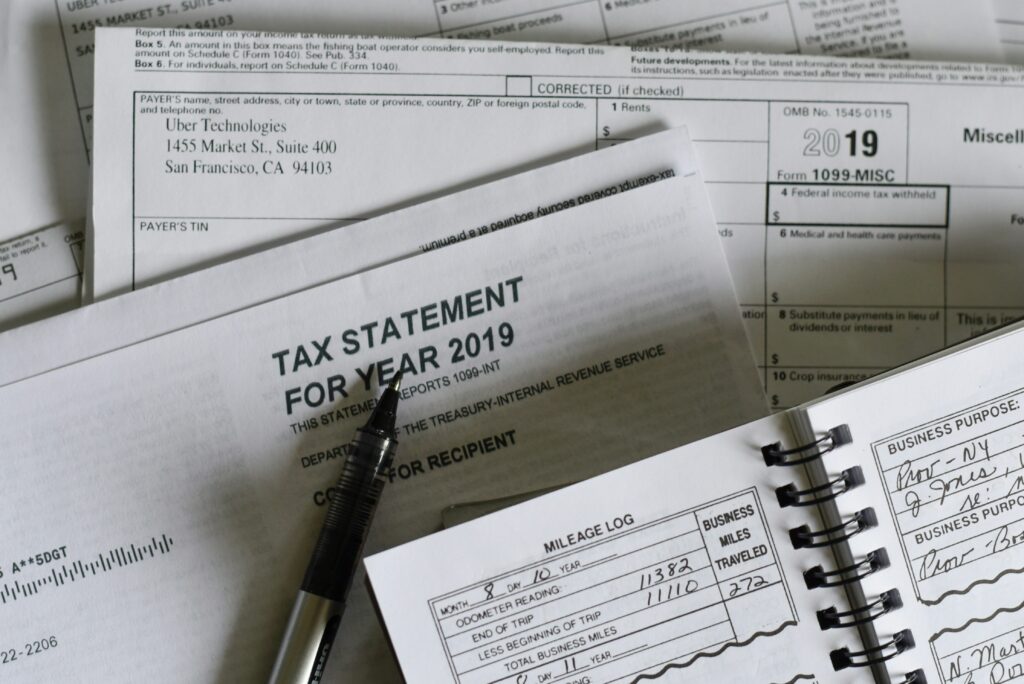Property Mortgages in Thailand

Property Mortgages in Thailand. In the realm of Thai property finance, a mortgage is far more than a contractual security agreement. It is a registered real right—a powerful legal interest that attaches to the land itself, binding all subsequent owners and competing creditors according to a strict statutory hierarchy. Yet this power is contingent. A […]
Muslim Marriage in Thailand

Muslim marriage in Thailand operates within a distinctive legal framework that integrates Islamic family law with Thailand’s civil law system. While marriage in Thailand is generally governed by the Thai Civil and Commercial Code (CCC), Muslim marriages are afforded special legal recognition under specific legislation that allows Islamic law to apply to family and inheritance […]
Intellectual Property in Thailand

Intellectual Property in Thailand. Thailand’s IP system is mature, formal and increasingly digital — but success depends on practical steps: pick the right form of protection, file early in Thailand (or enter the national phase), keep exact documentary proof, and be ready to use both administrative and court remedies to stop infringers. This guide walks […]
Last Will and Testament in Thailand

Last Will and Testament in Thailand. A carefully drafted last will and testament is the single most effective tool to control how your assets are distributed after death. In Thailand, wills are governed by strict statutory formalities and must be drafted with an eye to Land Department practice, cross-border documentary requirements, and the practical steps […]
US-Thai Treaty of Amity

Thailand has long been one of Southeast Asia’s most attractive destinations for foreign investment. Its strategic location, political stability, growing economy, and well-developed infrastructure make it a hub for international business. Among the instruments facilitating foreign investment, the US-Thai Treaty of Amity and Economic Relations, signed in 1966, stands out as one of the most […]
Property Due Diligence in Thailand

Investing in property in Thailand can be highly rewarding due to the country’s vibrant real estate market, booming tourism sector, and steady economic growth. However, navigating the legal and regulatory landscape requires careful attention. Property due diligence is an essential step for both domestic and foreign investors, ensuring that transactions are legally sound, financially viable, […]
Litigation in Thailand

Litigation in Thailand is a procedural, documentary contest where preparation, early preservation and smart use of interim relief usually decide outcomes. Because discovery is limited, judges place heavy weight on originals, contemporaneous records and expert reports — so the party that assembles a tight “war-pack” and secures Thai-court conservatory powers quickly gains the strategic upper […]
Property and Real Estate Disputes in Thailand

Property and Real Estate Disputes in Thailand. Property and real estate are among the most significant investments in Thailand for both locals and foreigners. But with high values at stake, disputes are common and often complex. They can arise from unclear title deeds, contractual breaches, inheritance claims, co-ownership disagreements, landlord-tenant issues, construction defects, or fraudulent […]
Thailand Income Tax

Thailand income tax system is administered under a self-assessment regime, where taxpayers are required to determine, declare, and pay their taxes in accordance with the law. The system applies to individuals, corporations, and partnerships, with rates and obligations varying based on residency status, source of income, and type of business activity. This article provides a […]
Usufructs in Thailand

Usufructs in Thailand (known in Thai as “สิทธิ์ใช้อาศัย” or “สิทธิเก็บกิน”) is a real right under the Civil and Commercial Code (CCC) that allows one person (the usufructuary) to use and benefit from another’s immovable property, usually land or a house, without acquiring ownership. The right is personal and non-transferable unless otherwise agreed, and it can […]

